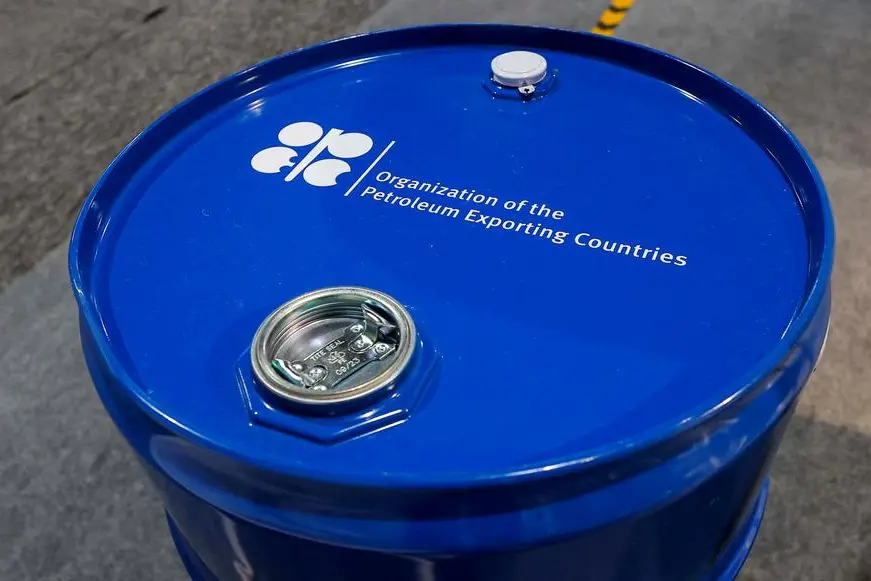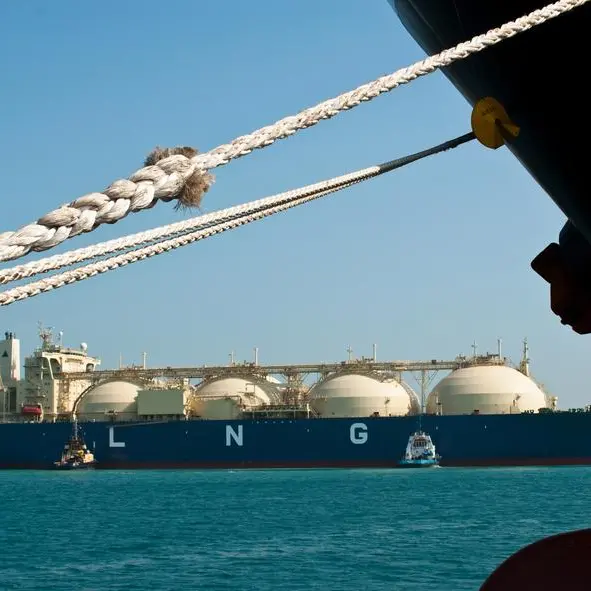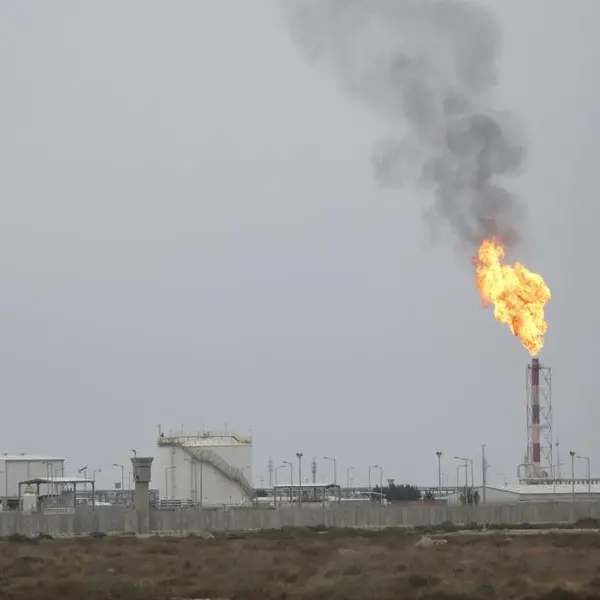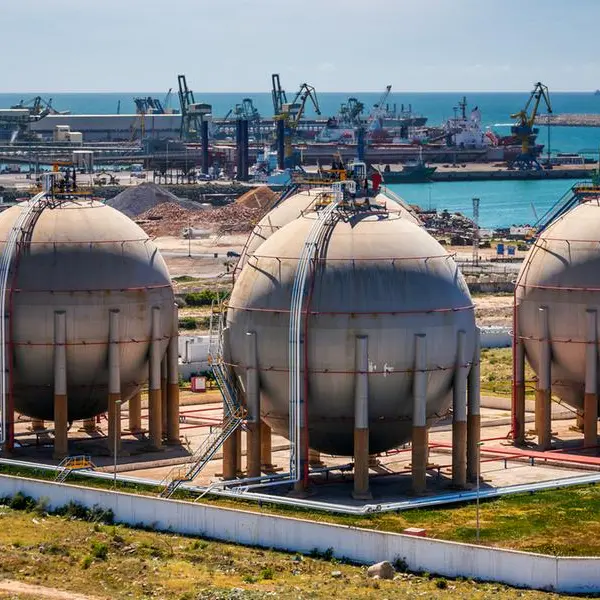PHOTO
LONDON: OPEC oil output fell in December after two months of increases, a Reuters survey found, as a drop from the United Arab Emirates due to field maintenance and from Iran offset a hike from Nigeria and other gains elsewhere in the group.
The Organization of the Petroleum Exporting Countries pumped 26.46 million barrels per day last month, down 50,000 bpd from November, the survey showed on Tuesday, with the UAE providing the biggest drop.
The modest decline in output came as the wider OPEC+ group kept production cuts in place in December due to global demand concerns and rising output outside the group. OPEC+ decided last month to postpone its plan to start raising output until April.
OPEC's biggest drop, of 90,000 bpd, came from the UAE, the survey found. A source said field maintenance was the reason for the decline, and the survey put output at 2.85 million bpd.
Iran's output, which hit the highest since 2018 last year despite U.S. sanctions, fell by 70,000 bpd, the survey found. It may soon be curbed by tighter sanctions from the administration of incoming U.S. President Donald Trump, Goldman Sachs and other analysts have forecast.
OPEC's top two producers, Saudi Arabia and Iraq, kept output steady and the group pumped below its implied target for the nine members covered by supply agreements, the survey found. Nigeria exceeded its target by the largest amount.
While the survey indicates the UAE and Iraq are pumping below their targets and November data provided by OPEC's secondary sources puts them not far above, other estimates such as those of the International Energy Agency suggest they are pumping significantly more.
Among countries boosting output, Nigeria raised production by 50,000 bpd, the survey found, reflecting higher domestic usage in refineries such as Dangote and higher exports. Nigeria said in December it had resumed some operations at its Warri refinery after years of shutdowns.
Libyan output also rose by 50,000 bpd, continuing a recovery after the resolution of a dispute over control of the central bank that had led to production cuts. The country is exempt from OPEC+ agreements to limit output.
The Reuters survey aims to track supply to the market and is based on flows data from financial group LSEG, information from other companies that track flows such as Kpler, and information provided by sources at oil companies, OPEC and consultants.
(Additional reporting by Ahmad Ghaddar; Editing by Jan Harvey)





















